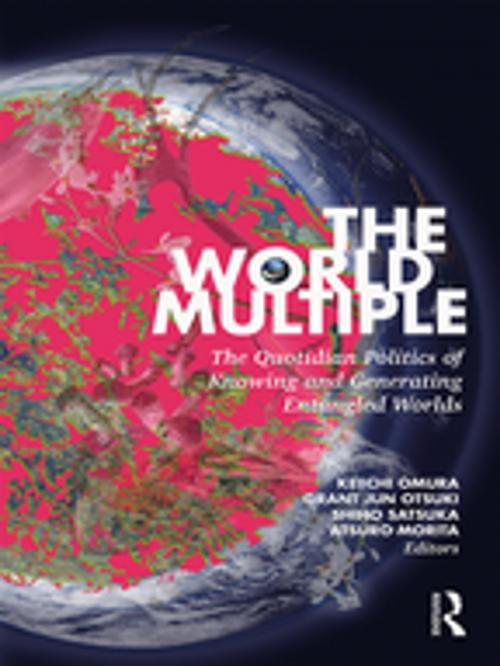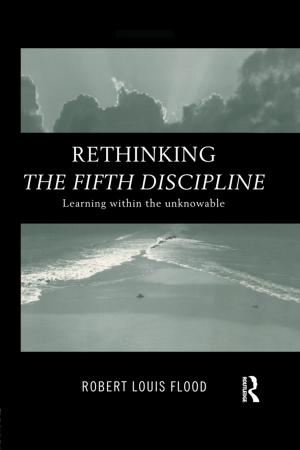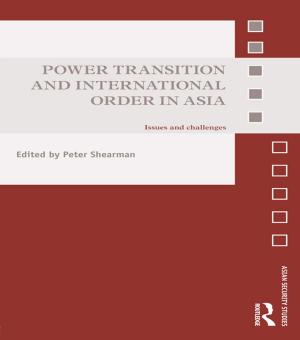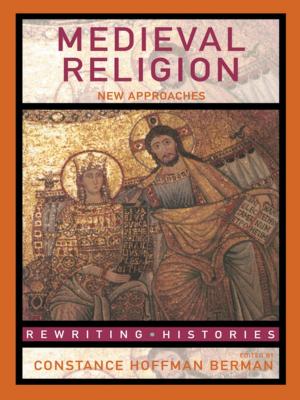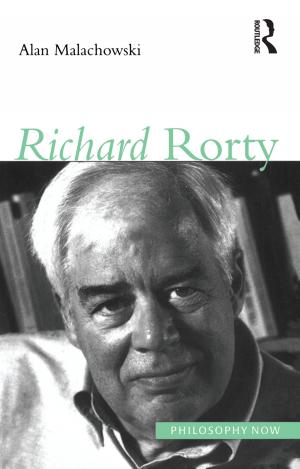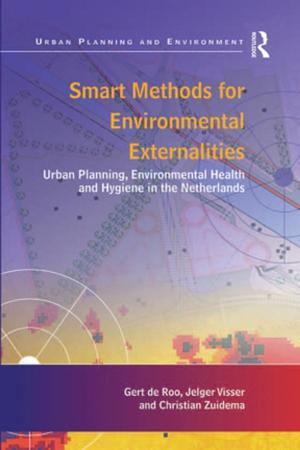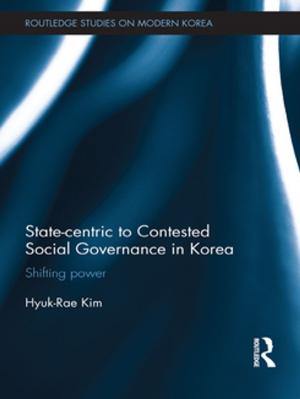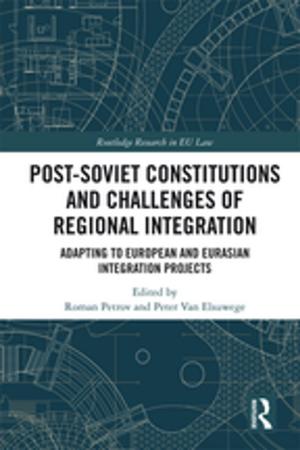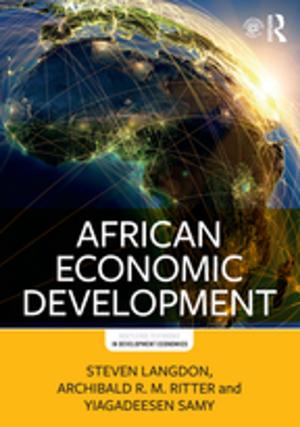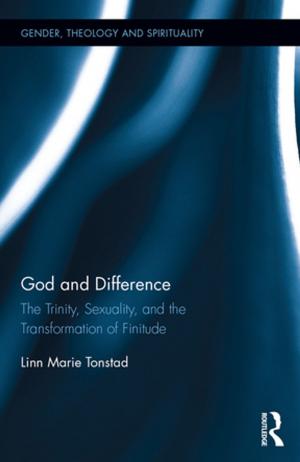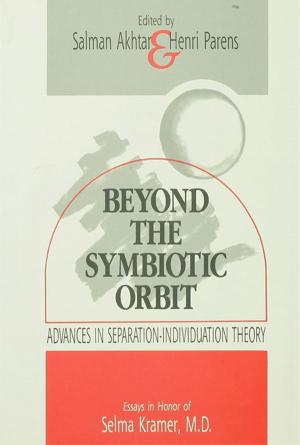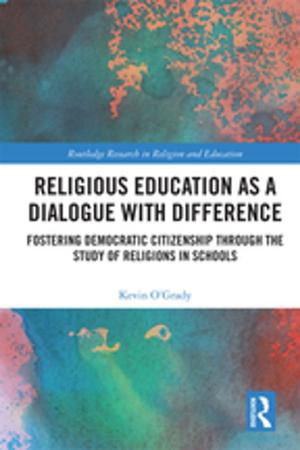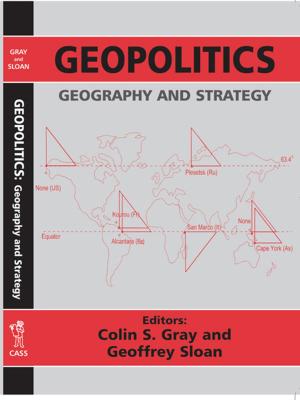The World Multiple
The Quotidian Politics of Knowing and Generating Entangled Worlds
Nonfiction, Social & Cultural Studies, Social Science, Sociology| Author: | ISBN: | 9780429852589 | |
| Publisher: | Taylor and Francis | Publication: | November 6, 2018 |
| Imprint: | Routledge | Language: | English |
| Author: | |
| ISBN: | 9780429852589 |
| Publisher: | Taylor and Francis |
| Publication: | November 6, 2018 |
| Imprint: | Routledge |
| Language: | English |
The World Multiple, as a collection, is an ambitious ethnographic experiment in understanding how the world is experienced and generated in multiple ways through people’s everyday practices. Against the dominant assumption that the world is a single universal reality that can only be known by modern expert science, this book argues that worlds are worlded—they are socially and materially crafted in multiple forms in everyday practices involving humans, landscapes, animals, plants, fungi, rocks, and other beings. These practices do not converge to a singular knowledge of the world, but generate a world multiple—a world that is more than one integrated whole, yet less than many fragmented parts.
The book brings together authors from Europe, Japan, and North America, in conversation with ethnographic material from Africa, the Americas, and Asia, in order to explore the possibilities of the world multiple to reveal new ways to intervene in the legacies of colonialism, imperialism, and capitalism that inflict damage on humans and nonhumans. The contributors show how the world is formed through interactions among techno-scientific, vernacular, local, and indigenous practices, and examine the new forms of politics that emerge out of them.
Engaged with recent anthropological discussions of ontologies, the Anthropocene, and multi-species ethnography, the book addresses the multidimensional realities of people’s lives and the quotidian politics they entail.
The World Multiple, as a collection, is an ambitious ethnographic experiment in understanding how the world is experienced and generated in multiple ways through people’s everyday practices. Against the dominant assumption that the world is a single universal reality that can only be known by modern expert science, this book argues that worlds are worlded—they are socially and materially crafted in multiple forms in everyday practices involving humans, landscapes, animals, plants, fungi, rocks, and other beings. These practices do not converge to a singular knowledge of the world, but generate a world multiple—a world that is more than one integrated whole, yet less than many fragmented parts.
The book brings together authors from Europe, Japan, and North America, in conversation with ethnographic material from Africa, the Americas, and Asia, in order to explore the possibilities of the world multiple to reveal new ways to intervene in the legacies of colonialism, imperialism, and capitalism that inflict damage on humans and nonhumans. The contributors show how the world is formed through interactions among techno-scientific, vernacular, local, and indigenous practices, and examine the new forms of politics that emerge out of them.
Engaged with recent anthropological discussions of ontologies, the Anthropocene, and multi-species ethnography, the book addresses the multidimensional realities of people’s lives and the quotidian politics they entail.
